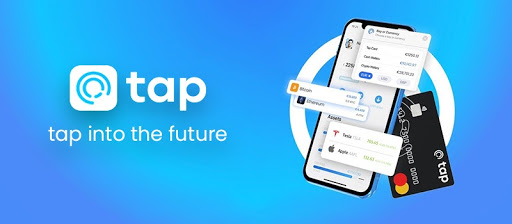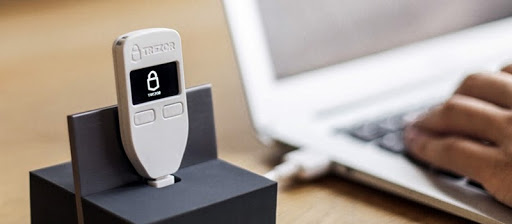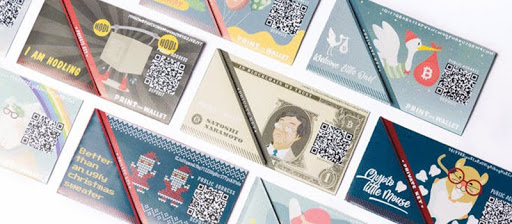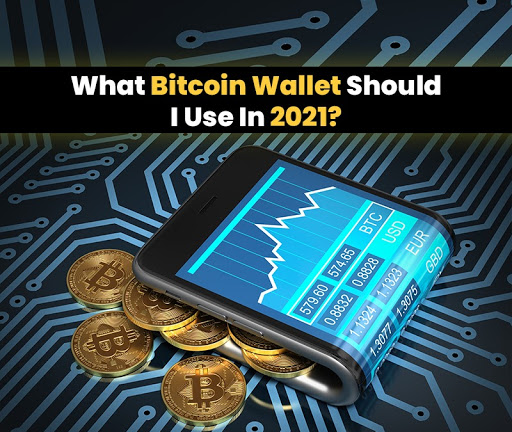Whether you’re new to the industry (welcome) or a seasoned old timer looking for some other options, finding the right fit for your crypto trading habits is imperative. As we explore what Bitcoin wallet should I use in 2021 we’ll also explore the various options available and explain the pros and cons of each. This is one of the many chapters covered in our Bitcoin 101 archives.
What Are Bitcoin Wallets?
As Bitcoin is a digital currency, one needs to store it in a digital wallet. These wallets come in many different forms, however they all provide a similar service structure: from this wallet you can send, receive and store your cryptocurrencies. Some wallets only support Bitcoin, while others support a host of cryptocurrencies (sometimes over 1,000!). These wallets are connected to the blockchain and facilitate transactions accordingly. Before you purchase your BTC, you will need to create a Bitcoin wallet.
There are two main types of wallets available, hot wallets and cold wallets. Hot wallets indicate that the wallet is constantly connected to the internet. This provides traders with easy access to their portfolio, being able to execute transactions in seconds. While this access is appreciated by traders, the online connection also makes the wallet vulnerable to hackers. Therefore it is important to only use platforms that offer high security and make use of alternative security measures such as two-factor authentication. Cold wallets on the other hand are stored offline, only connecting to the internet to execute transactions. They are considered to be a more secure option however they are not suited to day traders.
Each Bitcoin wallet, all wallets in fact, are made up of two unique alphanumeric codes. These codes are called public and private keys and allow the wallet owner both access to the funds, as well as the ability to send and receive funds. Public keys are your wallet address, and when shared with others allows them to send BTC to your wallet. The private keys however should never be shared with anyone as they provide you access to your coins and are necessary for sending BTC. If an outsider were to gain access to your private keys they would be able to send and spend your Bitcoin as they please. The saying goes: not your keys, not your coins.
What Bitcoin Wallet Should I Use In 2021?
Now that you have a better understanding of what are Bitcoin wallets, let’s dive into some of the different types and examples of each one.
HOT WALLET OPTIONS
Desktop Wallet: Electrum

This desktop wallet allows for instant access to your portfolio from the desktop of your Mac OS, Linux, and Windows. While this wallet isn’t going to win any awards for their interface design, they do excel in security and efficiency (which at the end of the day is substantially more important). The Electrum desktop wallet also allows users to adjust their fees when the network is busy, engage in address tagging, fee adjustments, and encrypt their wallet. Note that this wallet is not recommended for beginners.
Web Wallet: Blockchain Wallet

Web wallets are Bitcoin wallets designed to be accessed through a web browser. Often associated with exchanges, these wallets provide quick and easy access to your funds. This particular Blockchain Wallet allows users of all levels to remain in complete control of their funds and allows for in-wallet services like exchanging one crypto for another. This web wallet allows for high anonymity while also being easy to use. Supporting 22 cryptocurrencies, the Blockchain Wallet boasts competitive fees and is available in 25 different languages.
Mobile Wallet: Tap Global

The Tap app (available from the Android and iOS app stores) offers a revolutionary yet simple approach to storing your cryptocurrencies. The platform currently supports 5 cryptocurrencies and 3 fiat ones, and allows you to store each one of them in their own specific wallets. The app also makes use of an intricate system combining hot and cold storage solutions, ensuring that your crypto is out of reach from hackers but is also readily on hand for trades.
Alongside the Tap app the company also offers a crypto debit card (in partnership with Mastercard) that allows users to spend their crypto anywhere in the world that Mastercard might be accepted. There is no sign up fee or monthly installments, just simply a crypto loaded debit card that can instantly convert your crypto at the best rates possible. If you’re a crypto trader in the EU, this is the Bitcoin wallet for you.
COLD WALLET OPTIONS
Hardware Wallet: Trezor

This USB device offers a compact storage solution for your crypto portfolio. The device has a small screen to manage your connection and supports over 1,000 different cryptocurrencies. Make sure to note down your password, PIN, and recovery seed as this recovery information will come in handy should you lose the physical device. With the Trezor wallet your funds are kept offline unless when you are using it and connected to the internet.
Paper Wallet

Pretty simple, paper wallets offer a cold storage solution to your crypto portfolio. This is a great option for someone looking to hold crypto long term, however it is not a viable option for someone looking to trade daily. You just need to ensure that your paper wallet does not come into contact with any water or fire, as should the details be destroyed your coins will be gone forever.
Popular Crypto Wallets
Now that you understand what Bitcoin wallets are, ensure that you find the right one for you. When asking what Bitcoin wallet should I use in 2021, ask yourself are you looking to trade daily or hold long term? Or are you looking for something easy and accessible that you can keep in your pocket? Ensure that whatever you decide fits into your lifestyle and trading habits seamlessly.


